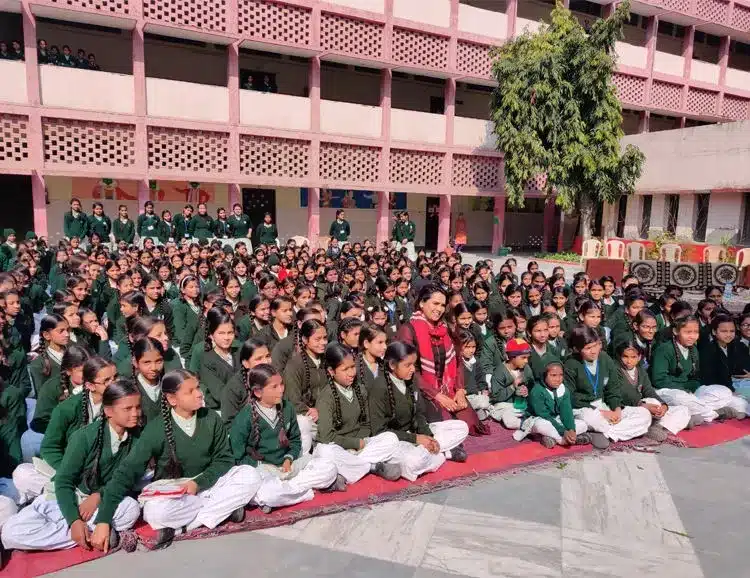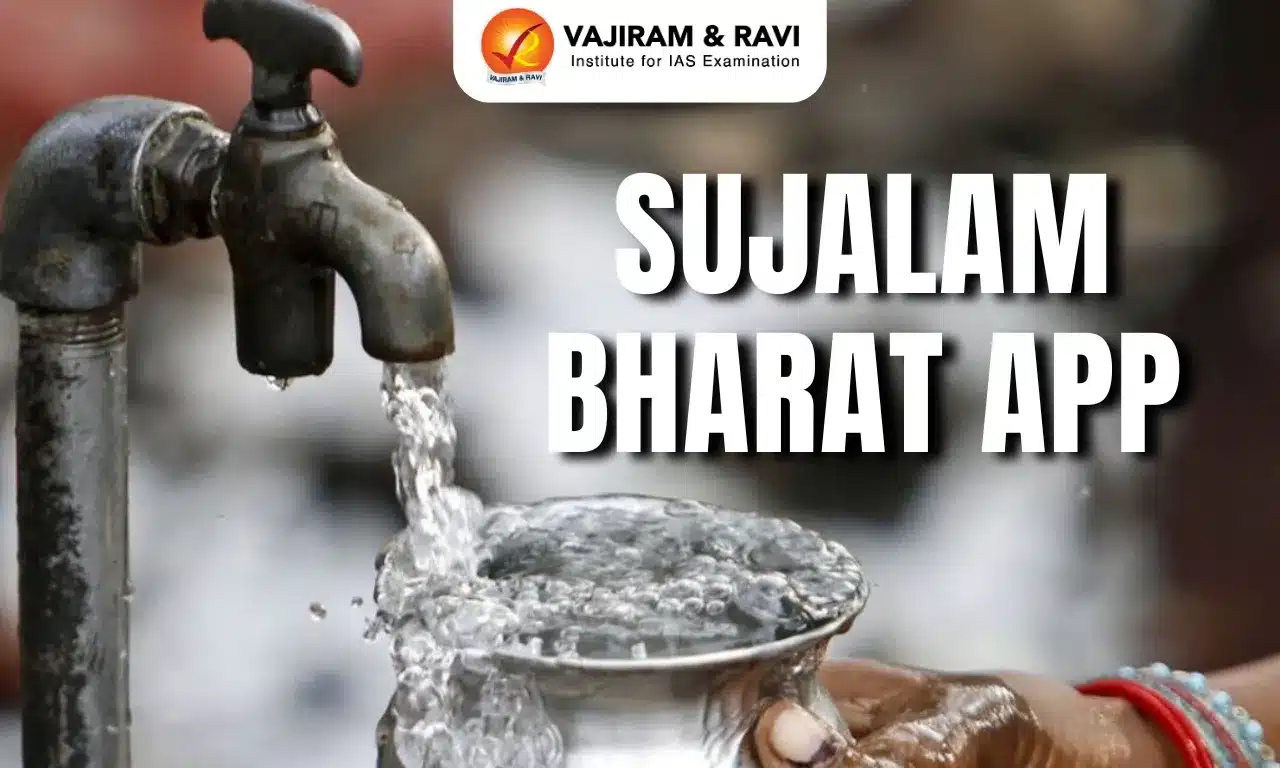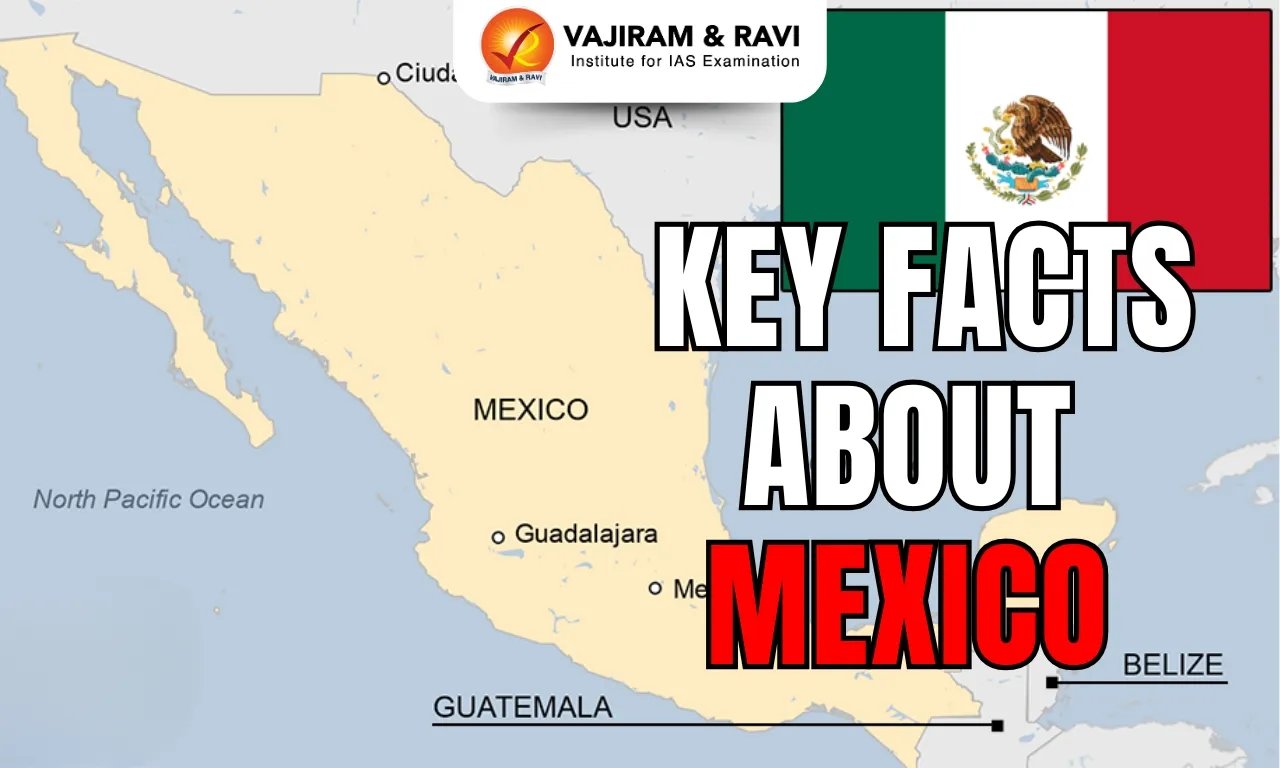About Kasturba Gandhi Balika Vidyalayas:
- KGBV Scheme was launched by the Government of India in August, 2004 for setting up residential schools at upper primary level for girls belonging predominantly to the Scheduled Caste (SC), Scheduled Tribe (ST), Other Backward Classes (OBC), and Minority Communities in difficult areas.
- KGBV is being implemented in educationally backward blocks (EBBs) of the country where the female rural literacy is below the national average and the gender gap in literacy is above the national average.
- The scheme provides for a minimum reservation of 75% of the seats for girls belonging to SC, ST, OBC, or minority communities, and priority for the remaining 25% is accorded to girls from families below the poverty line.
- The objective of KGBV is to ensure access and quality education to the girls of disadvantaged groups of society by setting up residential schools at upper primary level.
- The scope of the scheme is the setup of schools in areas with:
- Concentration of tribal population,
- With low female literacy and/or a large number of girls out of school;
- Concentration of SC, OBC, and minority populations,
- Areas with a large number of small, scattered habitations that do not qualify for a school;
- Eligibility Criteria:
- Girls belonging to disadvantaged groups such as
- SC,
- ST,
- OBC,
- Minority and
- Below Poverty Line (BPL) families.
- Girl students in the age group of 14 to 18 years.
- Girls living in areas with low female literacy.
- Girls in difficult circumstances who are unable to complete primary education can be enrolled under exceptional cases.
- Girls belonging to disadvantaged groups such as
- KGBV scheme was merged with Sarva Shiksha (SSA) in the 12th Plan with effect from 1st April, 2007.
- SSA itself has been absorbed in the newly launched Integrated Scheme of School Education- Samagra Shiksha, effective from the year 2018-19, and along with this development provision has been made to upgrade the existing KGBVs at upper primary level to up to senior secondary level with a capacity of 150-250 girls in convergence with the erstwhile Girls Hostel Scheme.
- Thus, the Scheme now provides for access and quality education to girls from disadvantaged groups of girls in the age group of 10-18 years aspiring to study in Classes VI to XII.
- KGBV provides the facility to have at least one residential school for girls from Classes VI-XII in every EBBs.
Q1: What is the National Council of Educational Research and Training (NCERT)?
The National Council of Educational Research and Training (NCERT) is an autonomous organisation set up in 1961 by the Government of India to assist and advise the Central and State Governments on policies and programs for qualitative improvement in school education. The major objectives of NCERT and its constituent units are to undertake, promote and coordinate research in areas related to school education; prepare and publish model textbooks, supplementary material, newsletters, journals and develops educational kits, multimedia, digital materials, etc. organize pre-service and in-service training of teachers; develop and disseminate innovative educational techniques and practices; collaborate and network with state educational departments, universities, NGOs and other educational institutions; act as a clearinghouse for ideas and information in matters related to school education. NCERT is an implementation agency for bilateral cultural exchange programs with other countries in the field of school education.
Last updated on December, 2025
→ Check out the latest UPSC Syllabus 2026 here.
→ Join Vajiram & Ravi’s Interview Guidance Programme for expert help to crack your final UPSC stage.
→ UPSC Mains Result 2025 is now out.
→ UPSC Notification 2026 is scheduled to be released on January 14, 2026.
→ UPSC Calendar 2026 is released on 15th May, 2025.
→ The UPSC Vacancy 2025 were released 1129, out of which 979 were for UPSC CSE and remaining 150 are for UPSC IFoS.
→ UPSC Prelims 2026 will be conducted on 24th May, 2026 & UPSC Mains 2026 will be conducted on 21st August 2026.
→ The UPSC Selection Process is of 3 stages-Prelims, Mains and Interview.
→ UPSC Result 2024 is released with latest UPSC Marksheet 2024. Check Now!
→ UPSC Prelims Result 2025 is out now for the CSE held on 25 May 2025.
→ UPSC Toppers List 2024 is released now. Shakti Dubey is UPSC AIR 1 2024 Topper.
→ UPSC Prelims Question Paper 2025 and Unofficial Prelims Answer Key 2025 are available now.
→ UPSC Mains Question Paper 2025 is out for Essay, GS 1, 2, 3 & GS 4.
→ UPSC Mains Indian Language Question Paper 2025 is now out.
→ UPSC Mains Optional Question Paper 2025 is now out.
→ Also check Best IAS Coaching in Delhi

















